ACM FAccT 2024 DEI Scholarships Awardees
We selected five proposals to fund out of the pool of 57. FAccT D&I and EC will also work to connect these awardees with potential funders to amplify the impact of the seed funds that we were able to provide.
Generative AI, Art, and Resistance to Scale
Armanda Lewis, New York University
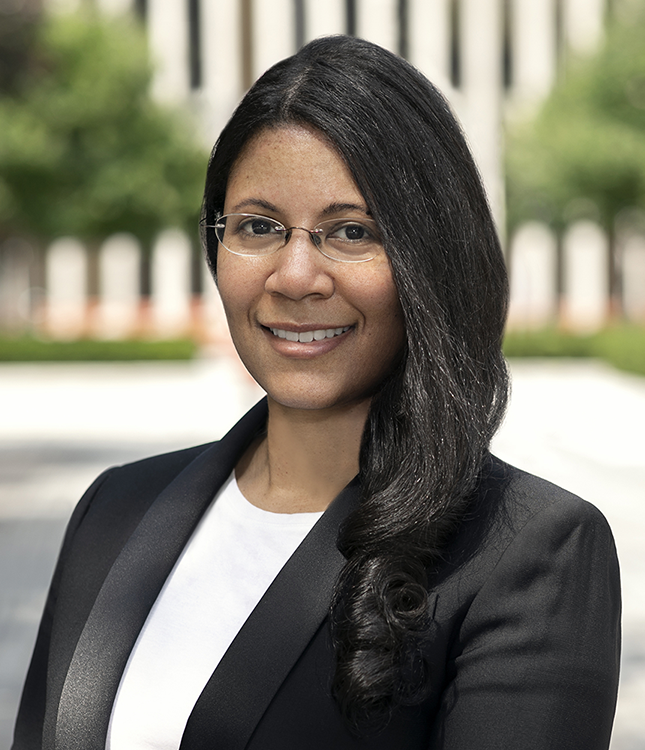
This project explores the unique strategies of resistance to algorithms of scale that artists deploy to promote the equitable design, use, and ongoing critique of generative AI. This mixed methods work surfaces how art exposes challenges of scale in achieving equality of opportunity and access, and develops a framework for equitable AI design and use informed by artistic practice.
Bio: Armanda Lewis is a PhD candidate at New York University and a research scientist with the Center for Responsible AI. Her research examines multimodal large language models (LLMs) in promoting group inclusion and other downstream tasks, responsible AI education, and the intersection of art and the humanities with algorithmic technologies.
Liberatory Computing: Empowering African Americans through Data Activism
Raechel Dionne Walker, Massachusetts Institute of Technology
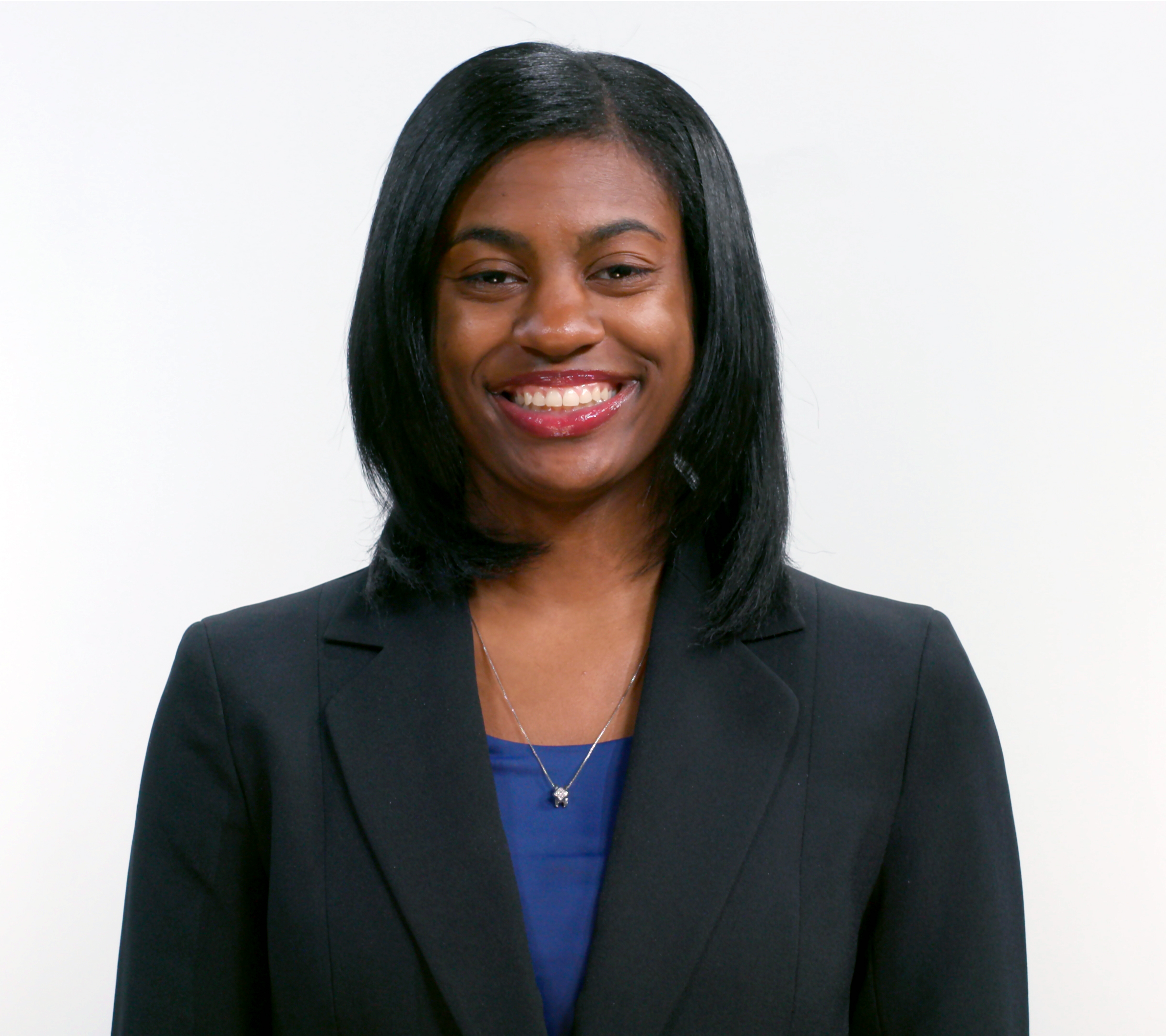
I introduced "liberatory computing," a framework empowering African American students through a sound racial identity, critical consciousness, collective obligation, a liberation-centered academic identity, and activism skills to dismantle barriers of racism using computing. I will be running two Data Activism Programs this summer virtually and in-person at the MIT Media Lab with 40 students total. In collaboration with four community organizations, students will use the popular programming language, Python, and the data analysis tool, Pandas, to create insightful data visualizations highlighting systemic issues. They will also incorporate art to help people empathize with those who are oppressed. This summer, students will work on projects aimed at mitigating AI bias in education, environmental injustice, healthcare disparities, and mass incarceration.
Bio: Raechel Walker is a MIT PhD student in the Personal Robots Group for the Media Arts and Sciences Department. Her research focuses on liberatory computing education, specifically data activism curricula for minoritized communities. Raechel is a MIT Presidential Fellow, Amazon Robotics Fellow, and a Graduate Education for Minorities (GEM) Fellow. She received her Bachelors in Data Science with Programs of Concentrations in Perspectives of Social Sciences and Dance & Theatre from the University of California, San Diego.
Data-Driven Street Outreach
Ezinne Nwankwo, University of California, Berkeley
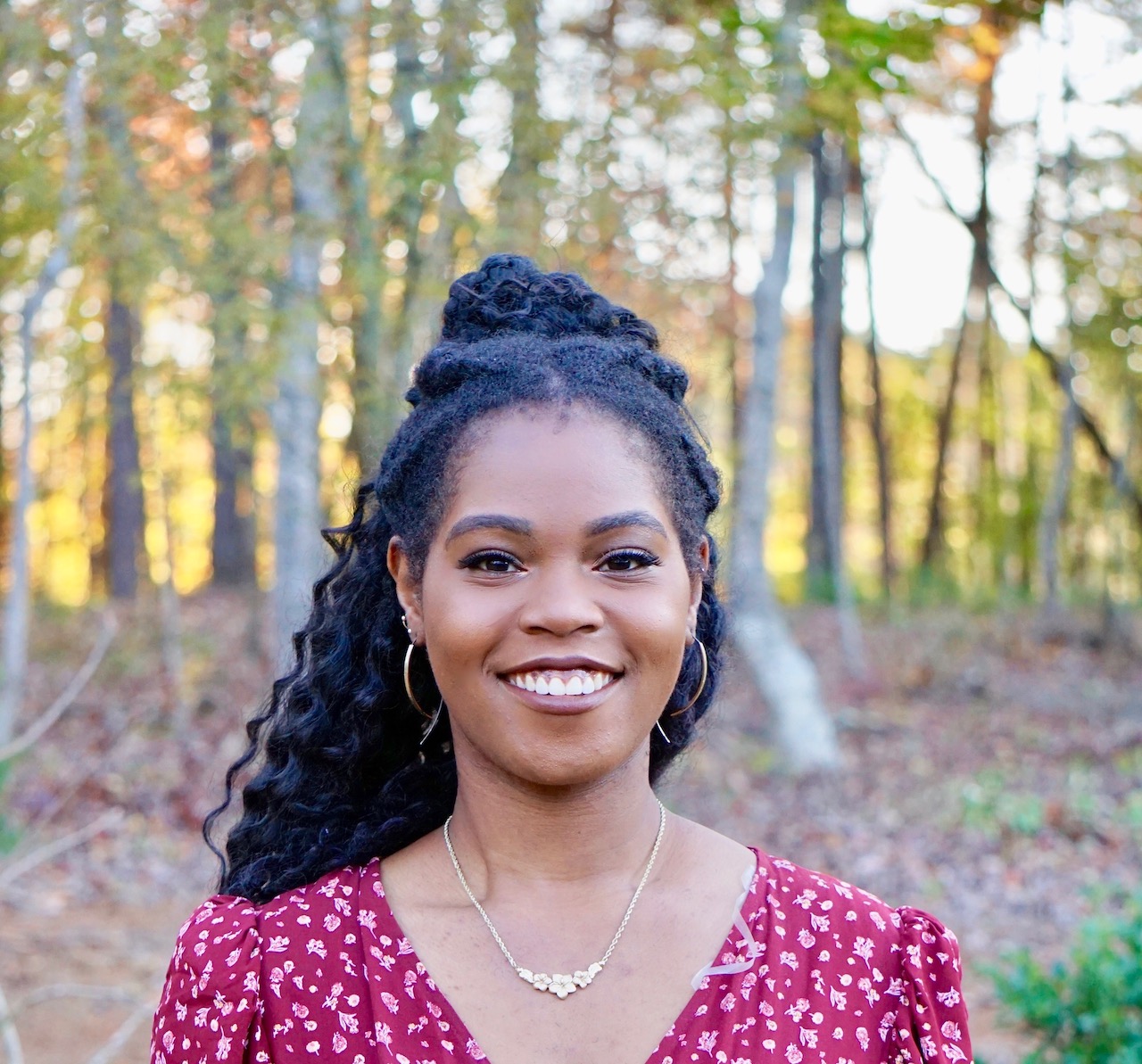
In collaboration with Breaking Ground, a nonprofit organization providing homelessness services in New York, and the Fordham University Graduate School of Social Service, we aim to enhance their quality of outreach engagements, their daily operations, and data collection procedures through a dual approach: a data-driven analysis as well as a critical literature review and an interview study with key stakeholders. For this project, we will focus on the second approach. We aim to extract important themes and lessons learned from these articles and stakeholder interviews to inform how AI and algorithms can be designed for responsible use by public sector organizations. We will outline guidelines for future research at the intersection of AI and social service provisions and provide best practices that will foster successful collaborations amongst AI researchers, non-profits, and government agencies who hope to use AI to provide equitable futures for communities.
Bio: Ezinne Nwankwo is a Ph.D. student in Computer Science at University of California, Berkeley where my primary research interests lie at the intersection of machine learning, statistics and public policy. Her research uses computational and data-driven methods to enable more targeted interventions and to be responsive to the needs of specific communities. She hopes to create methods for studying the long-term impact of human and algorithmic decision making and their dynamics as they interact with society.
A Gender-Sensitive, Community-Centered Approach to Machine Translation
Hellina Hailu Nigatu, University of California, Berkeley
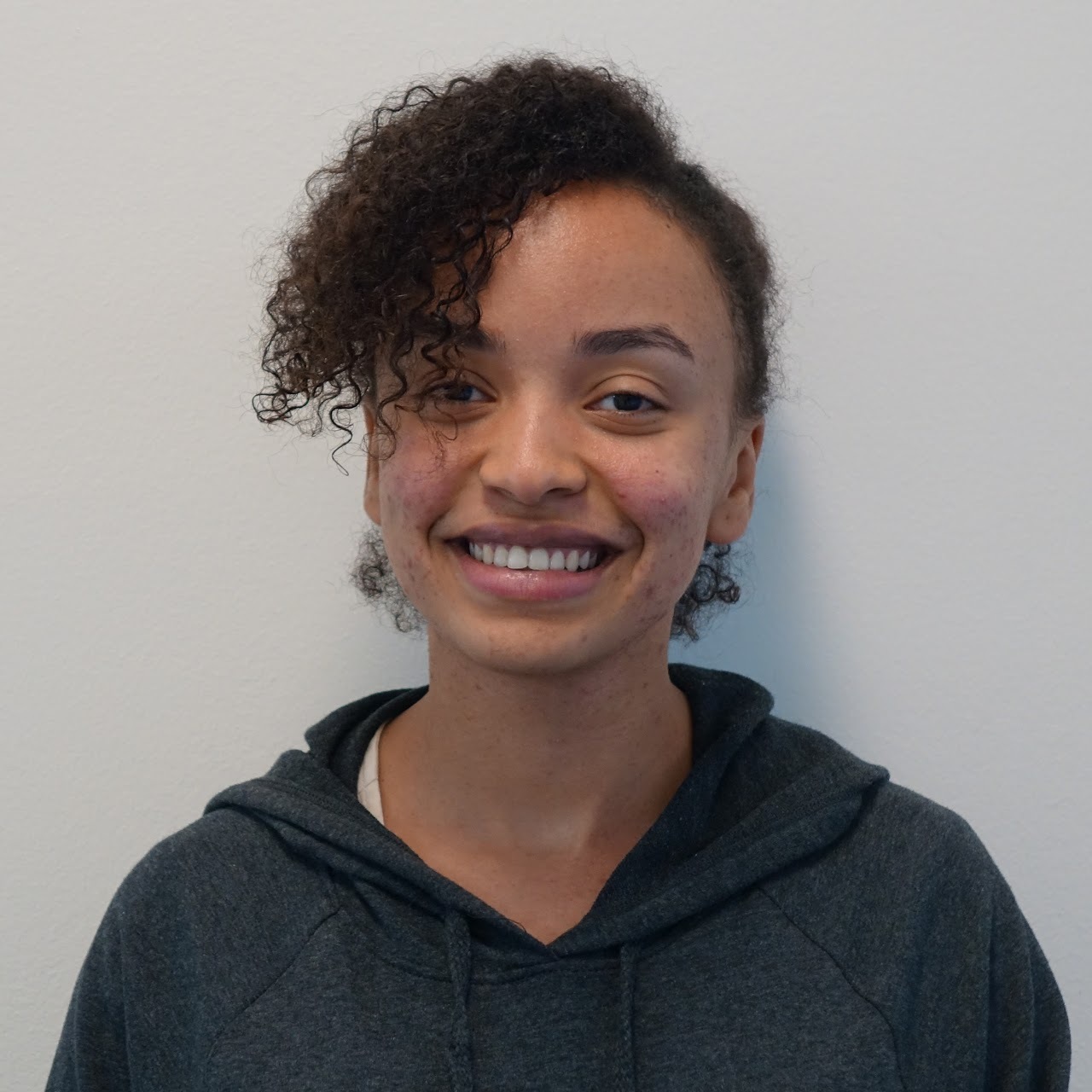
This project will engage female MSc and BSc students from Ethiopia in building Machine Translation models among three Ethiopian languages. The focus will be on intentional data collection and evaluation of gender bias in the MT system. The project will be divided into two teams (with 1 MSc and 1 BSc student each) where one team will focus on data collection and training of MT models and the second team will focus on evaluation of the MT system and other commercially available MT systems.
Bio: Hellina Hailu Nigatu is a Computer Science PhD student at UC Berkeley. She got her BSc from Addis Ababa University in Electrical and Computer Engineering and her MSc in Computer Science from UC Berkeley. Her research is at the intersection of HCI, NLP and AI Ethics, focusing on building usable Language Technologies.
Bridging Innovation and Ethics: Context-Specific Recommendations for Leveraging University-Industry Partnerships for Responsible AI Development
Isadora Valadares Assunção, University of São Paulo
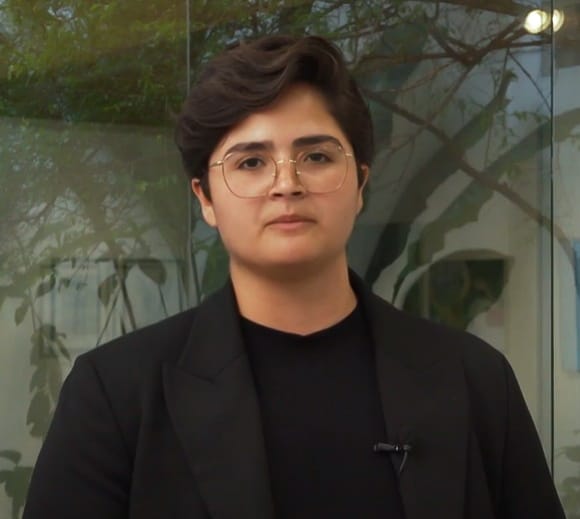
This project will assess the current landscape of university-industry partnerships for AI R&D both in the United States and in the Latin American universities, examining whether and how ethical considerations are incorporated into technological development. The research aims to develop context-sensitive recommendations that leverage the strengths of university-industry partnerships to promote ethical innovation in the AI domain, especially in the socio-economic contexts of Latin American countries.
Bio: Isadora Assunção is an LLB candidate at the University of São Paulo. Her research focuses on the intersection of Law and AI, including civil liability, algorithmic bias and empirical research on alternatives for AI regulation.
Honorable mentions
We received more excellent applications than we had funds available. We commend these scholars and will provide them with mentoring and networking opportunities to support their projects, though we were unable to fund them.
- Data in the Trenches: An Investigation of Advocacy and Technology - Lauren Chambers, University of California, Berkeley School of Information
- Indigenous Initiatives for Bottom-up Institutions for Sharing and Access to Data to Create Social Value - Brian Tshuma, King's College London
- Epistemic Freedom in Science: NLP & Thematic Analysis of FAccT Submissions - Faduma Khalif, MIT and Nyamal Thomas Tuor, Harvard
- Algorithmic interaction of invisible users: including the creative voices of children and youth from Brazil - André Cardozo Sarli, University of Geneva
- DECODE-AI [Democratizing Equity and Community-led Design and Deployment of AI)] - Abigail Oppong, Independent Researcher - Ghana
- From Laissez-Faire Harms to Latimer: Does Culturally Inclusive Training Data Mitigate Algorithmic Biases in Generative AI Tools? - Evan Shieh, Young Data Scientists League